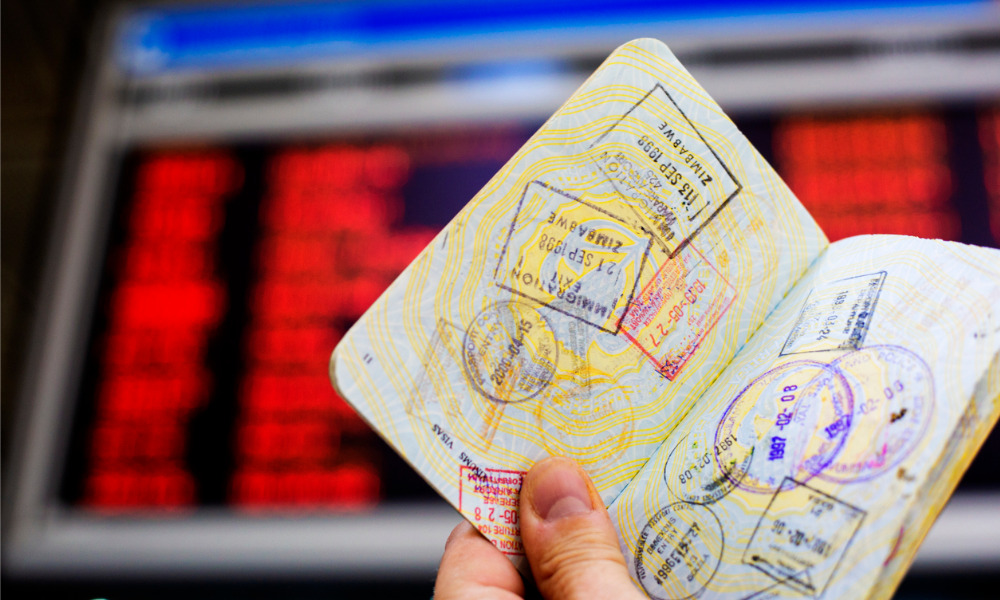
New rules “to get the best possible outcome for Australians”

The types of business and investment visas will be reduced under an overhaul to the system that will see business migrants facing tougher requirements.
There are currently nine different types of business and investment visas. These will be cut back to four, with adjustments to the thresholds of required investment, according to a report by The Australian Financial Review.
Acting Immigration Minister Alan Tudge said the overhaul would protect Australia’s interests.
“These changes will maximise the economic contribution of these high-value investors to get the best possible outcome for Australians,” Tudge said in a statement to AFR. “Our Migration Program for 2020-21 is clearly focused on job creators, those with key skills and migrants who are going to invest in Australia’s future.”
The Business Innovation visa, which allows migrants to operate a new or existing business in Australia, will remain in place under the overhaul. However, applicants will now be required to hold business assets of $1.25 million, up from $800,000 under current rules. It will also require the business to have annual turnover of $750,000 – up from the current $500,000.
“The requirements for Business Innovation visa holders will be increased to ensure the program is attracting migrants with proven business skills,” Tudge said.
The Premium Investor visa, which required migrants to make at least $15 million in Australian investments and then apply for permanent residency, will be closed to new applicants in July, as will the Significant Business History and Venture Capital Entrepreneur visas, AFR reported. The program will be pared down into four visa programs: Business Innovation, Entrepreneur, Investor, and Significant Investor.
Some visas will have less stringent thresholds under the overhaul. For instance, the $200,000 funding threshold for Entrepreneur visa applicants will be eliminated. However, applicants will still need to be endorsed by a state or territory government.
The number of places available in the overall business and investment visa program will double from 6,862 in 2019-20 to 13,500 in 2020-21. The increase is partly driven by hits to migration levels due to COVID-19 restrictions, AFR reported; the October federal budget noted the largest hit to population growth in more than a century.
Demand for visas had been exceeding supply prior to the COVID-19 pandemic – including demand for the so-called “golden ticket” Significant Investor visa (SIV).
That visa, which requires at least $5 million in Australian investments in exchange for a permanent visa, will remain in place. Last financial year, 135 SIVs were granted out of an overall pool of more than 4,420 business and investment visas. Just under 90% of last year’s SIVs were granted to Chinese investors, AFR reported.
Since 2012, more than 2,349 SIVs have been granted, resulting in about $11.7 billion worth of investment in Australia’s economy.
While there have been no changes to SIV investment thresholds this year, they could face changes next year.
“Any changes to the framework will be announced in the early half of next year, with sufficient time for businesses and investors to adjust,” Tudge said.